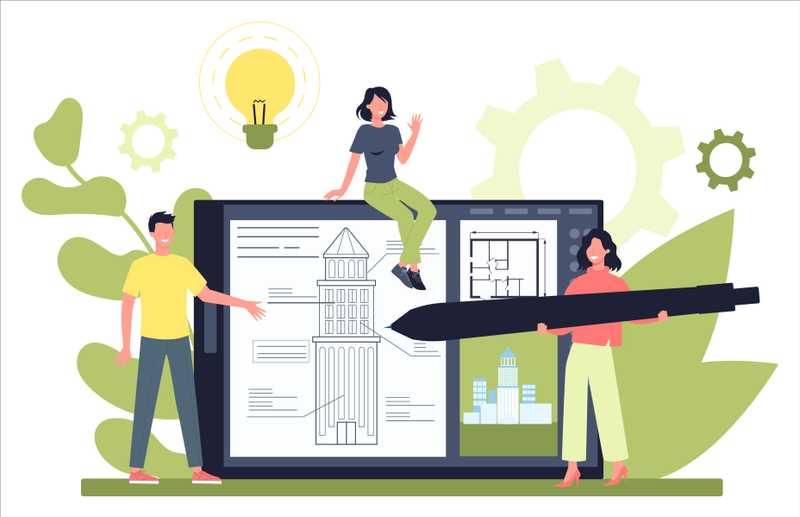Best Careers for ISTP Personalities

In this article
ISTP is one of 16 different personality types from the Myers-Briggs Type Indicators (MBTI). ISTPs represent about 5% of the general population (9% of men; 2% of women). Famous ISTPs include cyclist Lance Armstrong, actress Katharine Hepburn, and aviator Amelia Earhart.
On this page, we’ll help you get a better understanding of ISTP strengths, weaknesses, and the best ISTP career choices.
Learn which careers are ideal for you based on your Myers-Briggs personality type.
Doesn’t sound like you? Learn more about the best careers for your MBTI personality here.
What Does ISTP Stand For?
ISTP stands for Introvert, Sensing, Thinking, and Perceiving.
Also known as the Craftsperson, ISTPs like to study how things work and have a natural aptitude for mastering the use of machines, and other equipment. They are very attentive to detail and responsive to the needs of others.
ISTPs like to put their technical knowledge to use and are bored easily by theory, so the best ISTP career matches involve building things: products, software, food, furniture. They aspire to achieve technical expertise and look for practical solutions to problems. ISTPs desire the freedom to be spontaneous and follow their own impulses, and they treasure their personal space.
ISTP Personality Strengths & Weaknesses
| Strengths | Weaknesses |
|---|---|
| Good at problem solving | Stubborn |
| Creative | Insensitive |
| Optimistic | Impatient |
| Relaxed | Dislikes commitment |
| Knows how to prioritize | Easily bored |
What Careers Are Best for ISTP Personalities?
The best jobs for ISTPs involve physical activity and don’t require being stuck at a desk. ISTPs are motivated by a desire to achieve technical expertise, and they prefer tasks with a tangible result. Optimal ISTP career options enable them to build something concrete, which is where they gain the most satisfaction. ISTPs also thrive on variety and unpredictability.
- Engineer. Engineering represents the best careers for ISTPs because they are naturally capable of grasping the inner workings of complex systems. From computer hardware engineering to mechanical engineering, electrical engineering, and civil engineering, ISTPs are naturally suited for engineering, and like that it produces tangible results that have a practical purpose in the real world. Engineering tasks also make use of ISTPs’ critical thinking skills and preference for logical solutions.
- Technician. With their aptitude for understanding how things work and finding practical solutions, ISTPs are skilled troubleshooters. Like engineering, being a technician involves knowing the inner workings of complex machinery. Hands-on work, the ability to work independently, and the goal-oriented nature of the work make it an ideal ISTP career choice.
- Machinist. Machinists often operate dangerous machinery to produce precision metal parts. ISTPs relish seeing the fruits of their labor in real-time, while the high-risk nature of the work requires them to be focused and attentive to detail. Machinist work is solitary, which allows ISTPs to allow the kind of quiet, intense work they prefer.
How Does Springboard Help ISTPs Achieve Their Career Goals?
Tech professionals solve big, unwieldy problems every day, working with big data and emerging technologies to make our world a better place. But even innovation needs a logical, systematic approach, that’s where you come in.
- Tech professionals get to build amazing things every day. You’re a builder, and you want to see the tangible impact of your work. In the tech industry, you get to work on projects that improve the way people work and play. Springboard helps mid-career professionals land jobs in tech through courses in UX design, software engineering, machine learning engineering, data science, and data analytics.
- Put your technical knowledge to use. ISTPs are easily bored by theory, which makes a traditional university education seem remote and abstract. At Springboard, every student completes at least two capstone projects that enable them to use all the skills they’ve learned in the course and show off their skills to a prospective employer.
- You like your personal space. Remote learning gives you all the space you need. Learning at your own pace, you can get access to 1:1 career coaching and mentorship when you need it. Your mentors can help you with assignments and job search strategy, as well as provide industry insights.
Since you’re here…
Considering a career in software engineering? We’ll help you build a CV that rivals experienced software engineers in 9 months flat with our Software Engineering Bootcamp. If you’re still mulling, try our free software engineering learning path and check out our salary guide to see what you could be making.


